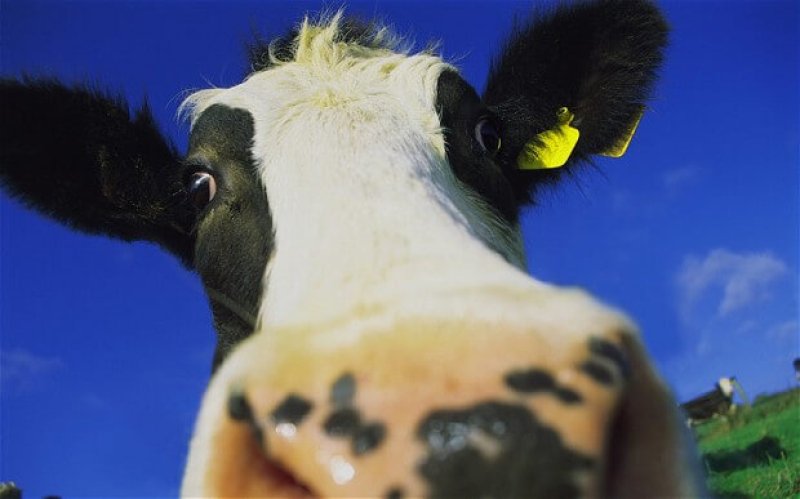[Editor’s Note: Peter Stevenson is the Chief Policy Advisor for the UK-based charity Compassion In World Farming]
Traditional selective [animal] breeding has already led to massive health and welfare problems. Some dairy cows now produce 10,000 liters of milk a year – that’s ten times what they would produce naturally. The pressures on these cows are so great that many are utterly worn out after just three or four milk cycles and have to be prematurely slaughtered. The breeding of sows for large litters results in many piglets dying due to low birth rates.
Today’s meat chickens have been selected for such fast growth that their legs, hearts and lungs cannot properly support their rapidly growing bodies. The result: many suffer from painful leg disorders while others die of heart disease. Modern hens lay over 300 eggs a year. This robs their bones of calcium making them highly susceptible to bone fractures.
Gene editing animals to get them to produce even more milk or grow even faster is likely to heap still more suffering and ill-health onto our overworked farm animals.
…
Gene editing animals so that we can exploit them even further flies in the face of the growing recognition that animals are sentient beings and that each is an individual with their own distinct characteristics.
The GLP aggregated and excerpted this article to reflect the diversity of news, opinion and analysis. Read full, original post: Gene Editing Of Farm Animals: A Massive Wrong Turn That Could Take Us Further Down The Factory Farming Road































